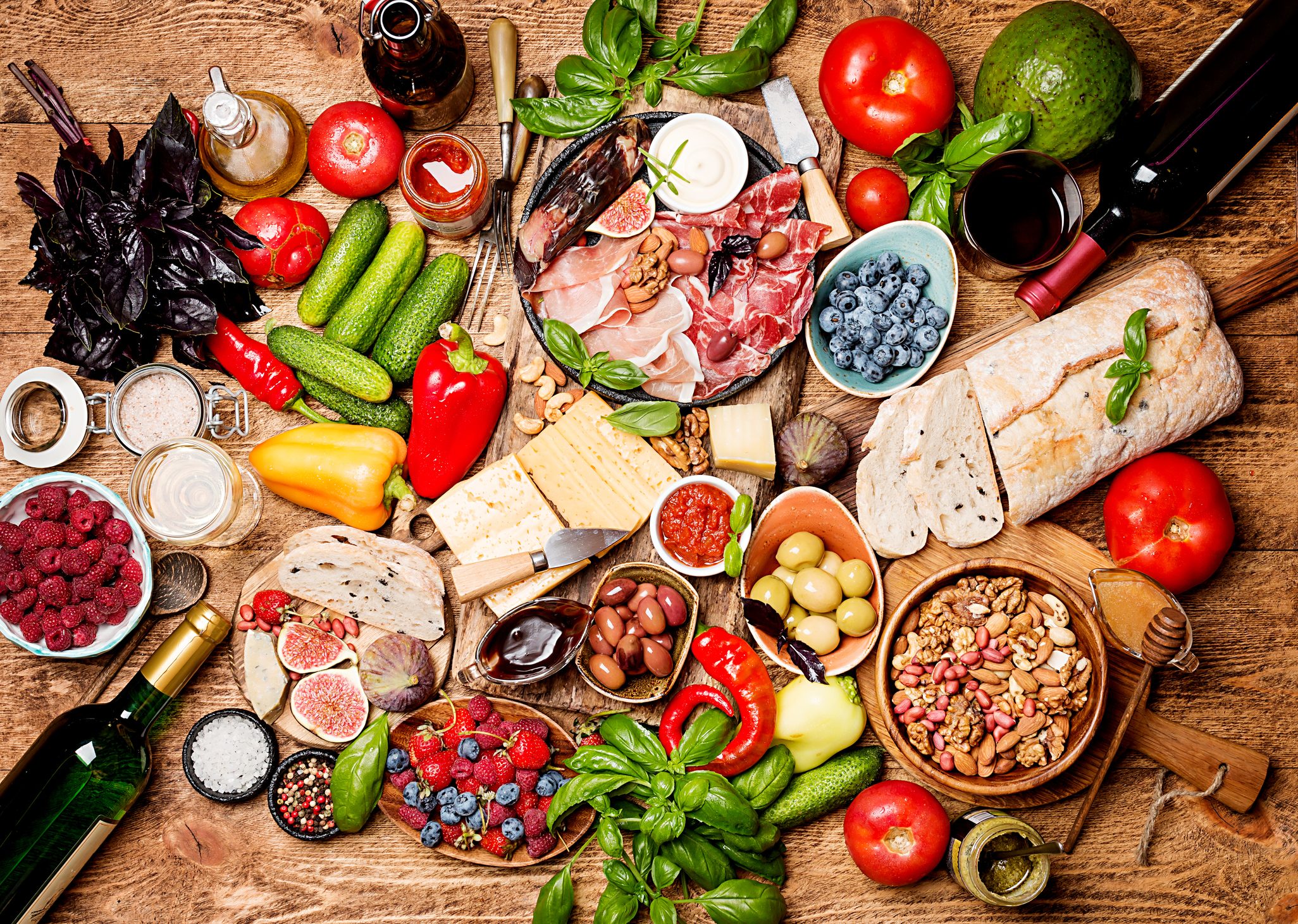10 Biggest lies associated with the field of nutrition
Here are some of the most unfortunate and biggest misconceptions associated with mainstream nutrition. Read on to know about some of the biggest lies floating around in the field of nutrition!
;Resize,width=742;)
Misinformation is more dangerous than being not informed. When it comes to food choices, in fact, it's not easy to know exactly what should be eaten and what not — so we put our trust in conventional wisdom, common sense there are often lies, myths, and misconceptions. Here are some of the most unfortunate and biggest misconceptions associated with mainstream nutrition.
1. Eggs are unhealthy

According to recent research, dietary cholesterol not necessarily raise the cholesterol level in the blood. This means, eggs are a healthy food despite being a high-fat food product and can help to raise ‘good’ cholesterol in our body.
2. Saturated fat is bad for our health

An article published in 2010, stated that there is no association between the consumption of saturated fat and heart diseases. In fact, the saturated fat present in natural foods can increase the level of HDL cholesterol and is good for our health.
3. It is important to eat grains

Grains are not nutrient-dense food and consuming wheat-based food may result in many health problems.
4. High protein diet is bad for our health

Consuming a high protein diet is associated with better bone health, low risk of fracture, improved blood pressure, better-managed diabetes, and may prevent kidney failure.
5. Low-fat foods are healthy

Low-fat foods are mostly processed and contain a high amount of added sugar, artificial sweetener, and corn syrup, all of which makes it extremely unhealthy.
6. Eat many small meals

Eating too frequently may actually result in colon cancer and it is about the total dietary intake of the day which influences our health status rather than consuming many small meals throughout the day. There are studies which report that eating an equal amount of calories either in the form of many small meals or fewer meals throughout the day makes no difference in the health status of an individual.
7. Most calories should come from carbs

Most diet plans promote a high-carb diet and restrict the amount of fats consumed. However, there are several studies which report that a low-fat and high-carb diet is inferior to a high-fat and low-carb diet.
8. Vegetable oil and omega-6 seeds are healthy

Ideally, humans should consume omega-6 and omega-3 in a certain ratio and if omega-6 is consumed in a higher proportion, it can result in many health problems.
9. Low-carb diets are unhealthy

Low-carb diets are beneficial to reduce the body fat, blood pressure, blood sugar, and triglyceride levels. It also actively increases the level of good cholesterol in our blood.
10. Consuming high-fat foods can lead to obesity

Fats may provide more calories per gram than protein or carbs but high-fat diets not necessarily make us fat. In fact, high-fat and low-carb diets can instead result in fat loss and improved health.
;Resize,width=767;)
;Resize,width=712;)
;Resize,width=712;)
;Resize,width=712;)
